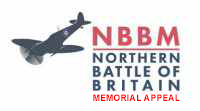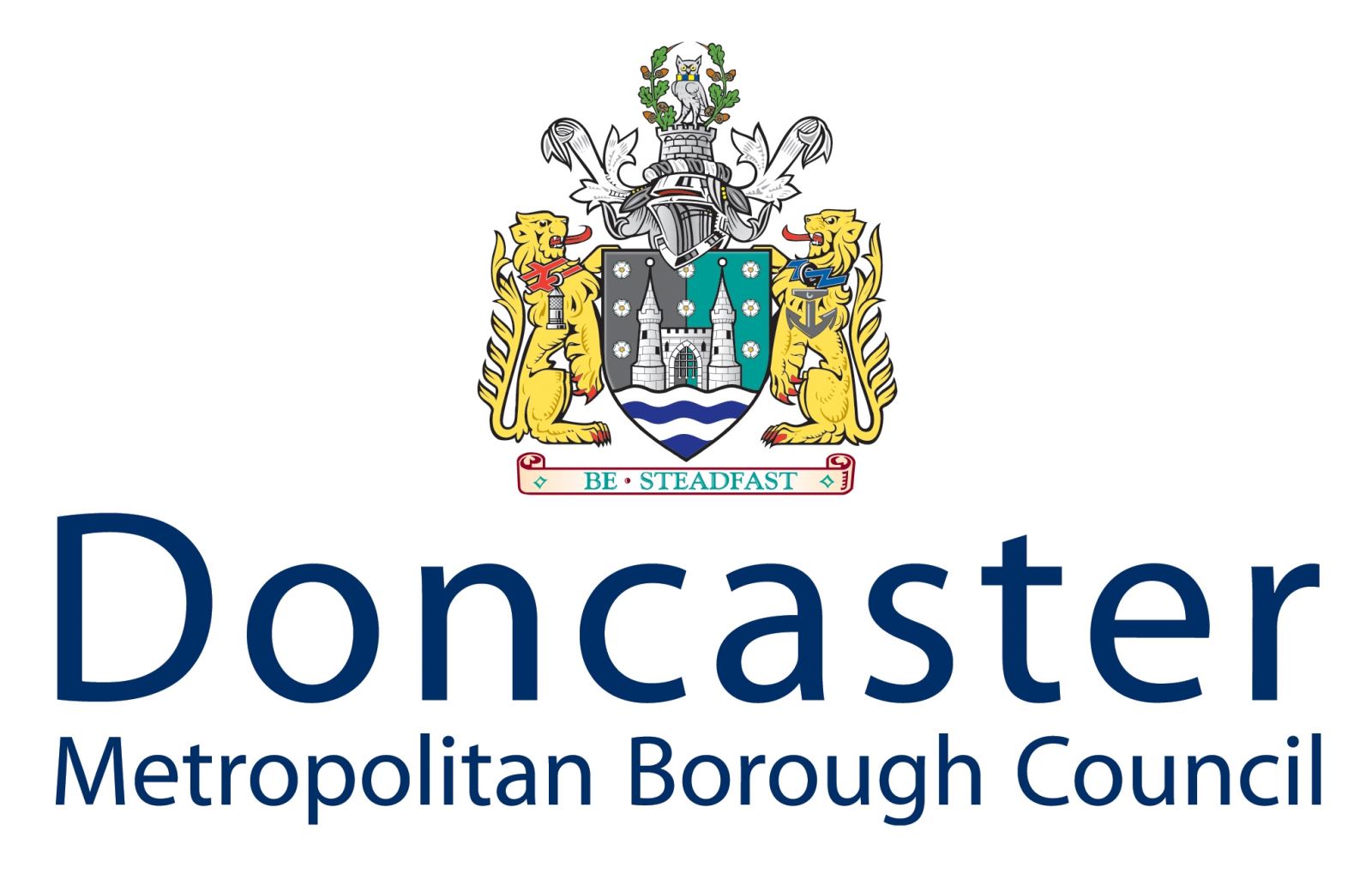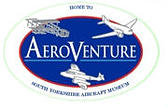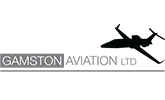“Never in the field of human conflict was so much owed by so many to so few” said Prime Minister Winston Churchill in a speech to Parliament on 20th August 1940 as the Battle of Britain raged overhead.
It was not long before the press and radio of the day seized on the epithet as the collective noun for the RAF’s Fighter Command pilots and others who were struggling against almost insurmountable odds to claim victory over Germany’s Luftwaffe.
In order to launch Operation “Sealion”, Hitler’s planned invasion of Britain across the English Channel that would remove the last democratic obstacle to his domination of Europe, he had to destroy the RAF’s ability to attack his forces. Conquering or subduing Britain would also prevent the re-supply of Russia, his next intended target.
The average member of the British public in the Spring of 1940 probably thought of the typical RAF pilot as carefree, out for a good time, doing a bit of flying within a club setting and able to impress the ladies on a Saturday night with the lads.
In reality nothing was further from the truth, but as the Fleet Street adage goes: “never let the facts get in the way of a good story”. Wartime flying, piloting a 350 mph fighter daily to within an inch of your life, was in fact a deadly serious business requiring a cool head and a steady, calculating nerve. Only a fool would treat it casually as, if he did, he would soon be bounced by an Me 109 and become another name on a war memorial.
The average age of an RAF pilot in 1940 was about 20 years. Some were as young as 18 and there were others over 30. In those days, with the age of majority set at 21, many of the RAF’s Battle of Britain pilots were not old enough to vote but not too young to lay down their lives in the face of a life and death struggle to save Britain from coming under the tyranny of the Nazis.
Not all were British – in fact Fighter Command was a cosmopolitan mix. There were Poles (141), Czechs (87), Belgians (24) and Free French (13) who swelled the ranks along with those from the British Commonwealth and other nations who answered the call for pilots wanting to defend freedom.
Roughly two-thirds of the 3,000 or so RAF pilots who flew in the Battle of Britain were officers, the other third being sergeant and flight sergeant pilots.
In 1940 a pilot officer could expect to earn £264 per annum, roughly equivalent to just over £30,000 in today’s money, and non-commissioned officers quite a bit less, despite facing the same dangers: both received an allowance (flying pay) recognising their aircrew status. In addition their numbers were beefed up with pilots from the Auxiliary Air Force (AAF) – made up those from the largely middle and upper classes who trained at weekend (hence they earned the nickname “weekend warriors”), who provided a civilian pool of extra capability during emergencies.
One fighter squadron – 601 (County of London) Sqn was known as the “Millionaires’ mob” because it was formed by a group of wealthy aristocrats. But on the outbreak of war the AAF was subsumed into the RAF and its squadrons became normal frontline squadrons.
Other sources of manpower were the University Air Squadrons (UASs), created to attract young talent to the Service, and the Volunteer Reserve (RAFVR).
Outnumbered 5 to 1 by both machine and men, RAF pilots had radar and one significant other advantage over the Germans – they were defending their homeland. If a pilot crashed or baled out over land he was likely to be over friendly territory. It was an altogether different story for a German pilot. Once they had left the shores of northern Europe they were in hostile skies for nearly the rest of the sortie. During engagements they could easily run short of fuel since no German aircraft in 1940 had been designed with long range operations in mind.
The cost of the Battle was high – of the nearly 3,000 aircrew who fought in the Battle of Britain 544 lost their lives and of the remainder a further 814 died before the end of the War. The Battle of Britain Monument on the Victoria Embankment, London, records the names of the 2,936 flyers from the 15 nations who flew for Britain in the Battle.
Said Winston Churchill: "The gratitude of every home in our island, in our Empire and indeed throughout the world, except in the abodes of the guilty, goes out to the British airmen, who, undaunted by odds, unwearied in their constant challenge and mortal danger, are turning the tide of the world war by their prowess and devotion.
"Never in the field of human conflict was so much owed by so many to so few."
Today about 125 aircrew who flew in the Battle are alive and scattered around the globe. Most are members of the Battle of Britain Fighter Association.
Source: http://www.raf.mod.uk/campaign/battle-of-britain-75th/the-few/






